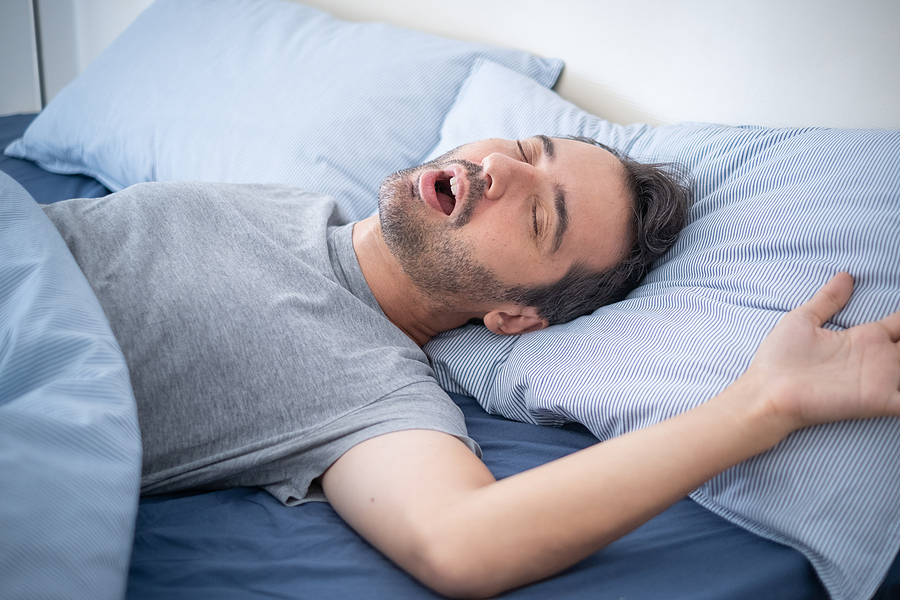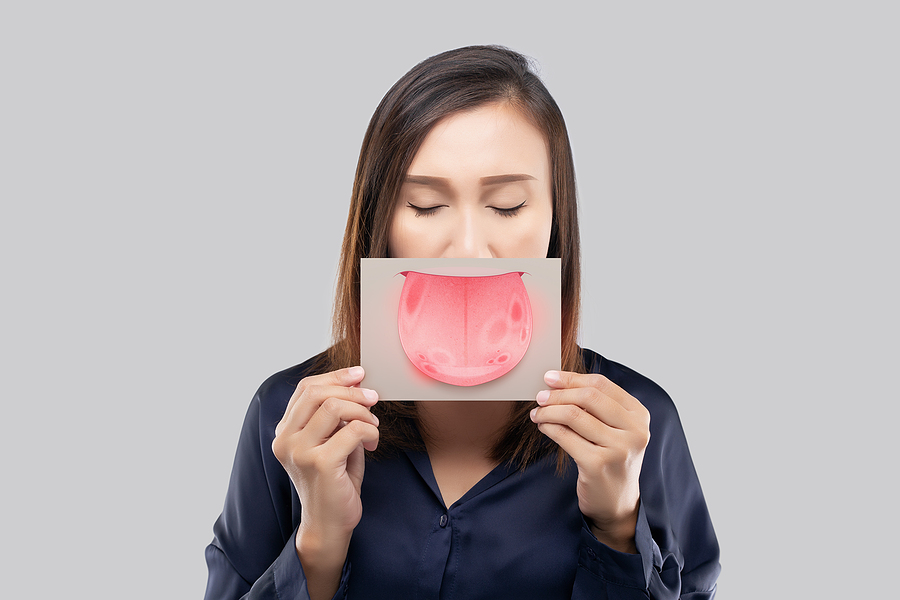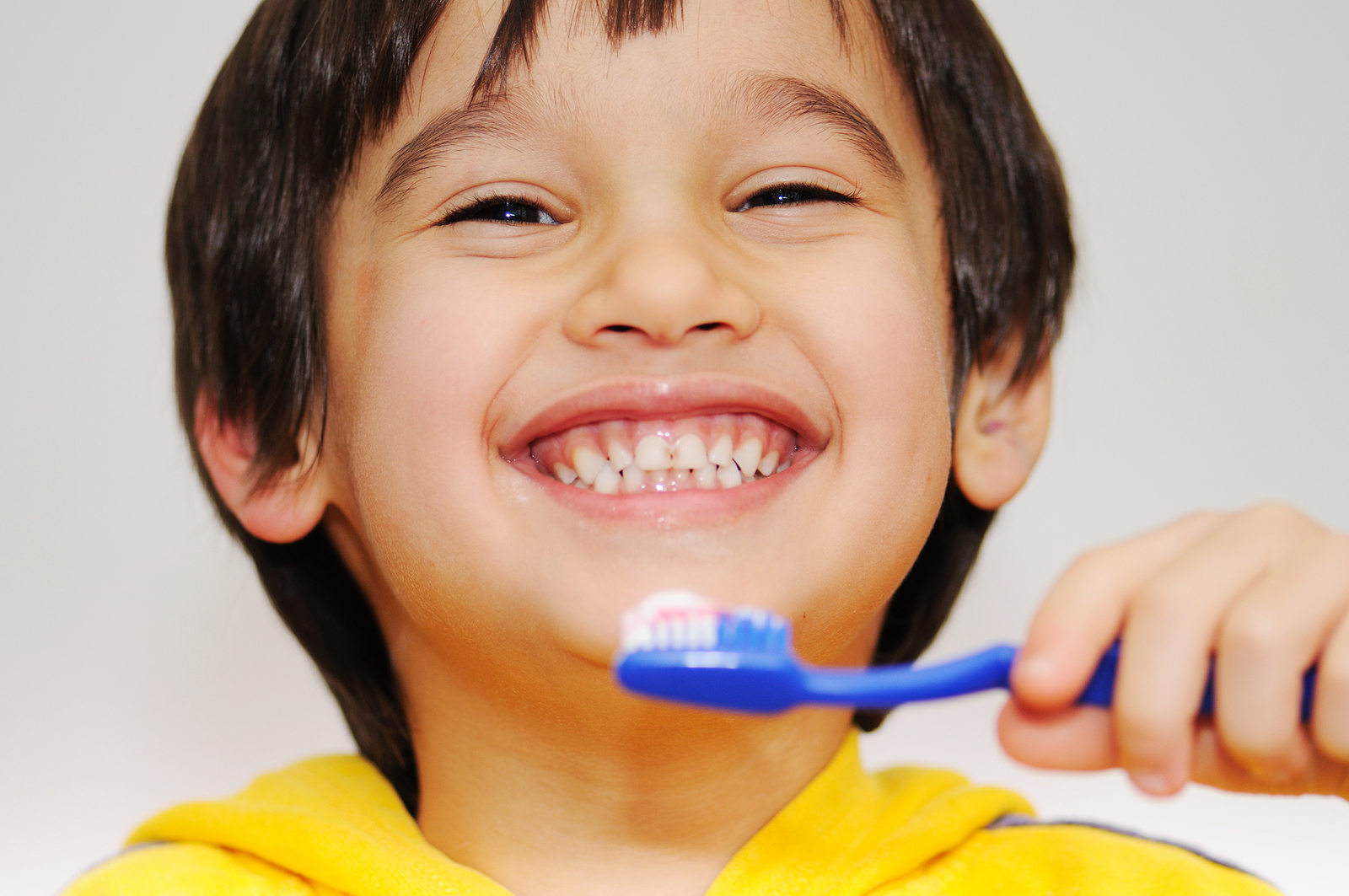You are likely reading this blog post because you are having trouble sleeping soundly at night, and want to know what you can do about the problem. There are all kinds of potential solutions out there, but have you ever explored the possibility that your dentist could help you to sleep better at night?
It might sound like a strange thought, but your dentist really can help you to sleep better each night. Let’s delve a little deeper into the problem at hand and what your dentist can do to help you eradicate those sleepless nights.
How Bad Sleep is Ruining Your Life
When we go to bed at night, our bodies use the opportunity to perform various “under the hood” functions. For instance, it’s the time where hormone release occurs the most, enabling cell reproduction and repair. Have you ever woken up feeling “foggy” after a miserable night’s sleep? If so, your brain is likely to have trouble processing the previous day’s events and fully committing it to memory.
It’s no secret that sleep deprivation is not a good thing. It causes a plethora of problems for you and your body, such as:
- Increased symptoms of high blood pressure, seizures, and depression;
- A weaker immune system;
- A reduced metabolism, something that could render an otherwise healthy person into a pre-diabetic state;
- A higher build-up of waste products in the brain that only gets removed efficiently during sleep.
Bad sleep can also cause other issues such as trouble concentrating (especially at work), poor balance, and even a reduced sex drive. You’ll also find you have significant mood changes, such as feeling grumpy, emotional, and quick-tempered.
You may not realize it, but sleep deprivation can disrupt how your central nervous system functions. The primary purpose of the central nervous system is to send messages from your brain to various other parts of your body. If you’re not getting enough “good” sleep each night, the pathways that your brain creates to other parts of your body won’t allow information to get processed correctly.
How to Tell if You’re Not Getting a Good Night’s Sleep
As you’ll have gathered so far, if you aren’t having a good quality of sleep each night, your brain and body won’t function efficiently. Continued poor sleep will dramatically impact your quality of life and can even lead to an early death.
So, to that end, how can you tell if you’re not getting a good night’s sleep? Some of the more noticeable signs of bad sleep quality include constant yawning, daytime fatigue, irritability, and feeling extremely tired during the daytime.
How Your Dentist Can Help You Sleep Better at Night
Now that you know the full extent of the problem and how insomnia can drastically affect your life, you’ll no doubt want to find out how your dentist can help stop your sleepless nights.
Your dentist isn’t only concerned about the state of your pearly whites – they also have an interest in the things that could cause problems with your teeth. Sleep insomnia is one of those issues.
Did you know that as soon as you open your mouth for a dental inspection, your dentist can learn a lot about your quality of sleep? There are telltale signs that can alert the dentist to problems with your sleep, such as worn-down enamel caused by teeth-grinding while you sleep. Plus, the shape of your jaw can give your dentist a big clue to whether you may have a condition known as obstructive sleep apnea.
Teeth-grinding
If your dentist determines that you grind your teeth at night when you sleep, the good news is that it’s a condition that can get treated. Your dentist can have you wear a custom-made mouthguard or splint to reduce the effect of teeth grinding. You can also look at what could be causing your teeth-grinding, such as stress and anxiety (at home, work, or both), and take steps to stop it by having regular exercise, yoga, or meditation, for example.
https://youtu.be/QdkzEItOcdo
Obstructive Sleep Apnea (OSA)
Should your dentist doubt that your sleeping problems are down to Obstructive Sleep Apnea (OSA), he will recommend you to a sleep specialist. If the sleep specialist diagnoses that you have sleep apnea, your dentist can help you with oral appliances that keep your airwaves open and can help you to get a better quality of sleep. Examples of oral appliances include custom-made mouthguards and Continuous Positive Airway Pressure (CPAP) machines. In extreme cases, some patients with OSA could also get considered for surgical options. Your dentist can work with your primary doctor to find the best treatment for you.
Ready to Get a Good Night’s Sleep?
Schedule an appointment with Southeast Family Dental today by calling (317) 359-8000. Alternatively, you can email us at care@southeastfamilydental.com.
More Blog Posts
Office Hours
MON - THU8:00 am - 5:00 pm
FRI8:00 am - 2:00 pm
SAT - SUNClosed






